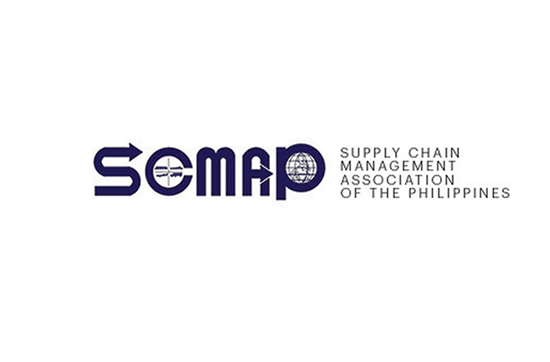The Philippines’ headline inflation rate for August was at 6.4%, the highest in almost ten years, shattering expectations from monetary agencies of a more modest rise. In a nutshell, this means prices are going up faster than the ordinary Filipino’s pay packet can cope with.
It’s easy to react to this from a political perspective. “Tax reform is to blame!” one might say. “Repeal tax reform now!” But that boat has long sailed, and the best we can do is to keep vigilant, to watch whether increased government revenues are actually going to where they should go, where they promised it will go.
That said, the government’s actions leading up to this 6.4% inflation rates suggests that a shift of thinking might be needed.
I remember when the first package of tax reform, TRAIN, was still up for discussion. There were rumbles about its impact on the prices of goods, particularly as one of the proposals was the imposition of excise tax on diesel. Time and time again we got the same reassurances. Yes, they said, there will be an increase in prices, but it will be very minimal. And besides, they added, this law means you’ll get to take home more of your pay, so that should offset things.
Well, in the past six months, inflation has gone speedily up, after hovering at the more manageable 2-3% range in the first 18 months of the Duterte administration. Granted, there are many other factors: the rise of oil prices in the world market, or our agricultural areas still lacking in resilience, particularly when it comes to natural calamities. Arguably, the increasing pace of construction that is part of the government’s Build Build Build program is also causing a rise in prices, as delays mean longer time—and higher costs—of transport. And then there’s the impact of higher take-home pay on inflation, but that should be manageable as well.
And yet, the government is insisting that the impact of the law should be minimal. In admitting that government policy makers may have miscalculated the impact of TRAIN on prices—with the caveat that the private sector also made wrong assumptions—DOF assistant secretary Tony Lambino said that, even without the first set of tax reforms, inflation would still be high. “It would be around 6.2 percent instead of 6.4 percent. Slightly lower, but still high.”
My impression is that the government, for all their good intentions, failed to see the chain reaction these new taxes would trigger.
Now, tax reform isn’t a bad thing. I disagree with the way the government communicated its points, burying the lede on new taxes in favor of playing up the higher take-home pay. In principle, however, it makes sense: it updates an outdated taxation system, upping the burden on those who earn more, and provides more revenue for accelerating spending on infrastructure and social services.
But if the government thought more like a supply chain manager, it would have implemented more studies to see if such a drastic plan would have a net negative impact.
If the government thought more like a supply chain manager, it would have given more consideration to the views of stakeholders both within and outside it, rather than toss off the question of tax reform just to financial policymakers.
If the government thought more like a supply chain manager, it would have devised safeguards and fallbacks—or perhaps, rolled out changes gradually—to ensure that the increase in prices would remain manageable, regardless of other external factors.
If the government thought more like a supply chain manager, it would have planned these reforms beyond the six years of the current administration, because these things are long-term plays.
Instead, here we seem to be. Downplaying the impact of excise taxes on diesel means there was lesser understanding of how that would contribute to the higher cost of goods. Everything must be transported, after all, whether by land, sea or air—and if the cost of all that goes up, then everything else goes up, too. Well, everything but pay. Despite the higher take-home pay, the underemployment rate went up to 17.2% from 16.4%—meaning more Filipinos think they should work more hours, or take a second job, to be able to support their families. Considering our economy is heavily reliant on consumption, this is very important. If Filipinos find they can’t consume as much as they have to—when even their budget for the essentials is hit—it can only mean a downward arrow. “Konting sakripisyo lang” will not cut it.
We can’t easily undo tax reform, but as the government prepares the second package—the TRABAHO bill—and crosses its fingers that it can pass the three other packages by 2022, if not by 2019, we implore everyone to think things through even more, to further consider the impact on ordinary Filipinos, to get out of the silos and see the bigger picture. Think like a supply chain manager. Everything is a chain reaction. But then, it’s all about change, and change now…
2018 SCMAP Supply Chain Conference: We’re just two weeks away to the most prestigious event in Philippine supply chain. We are happy to announce that Procter & Gamble’s Jayan Dy, Unilever’s Puskar Mukherjee and DHL Supply Chain’s Suzie Mitchell are joining our line-up—with even more to follow. Register now through our website, scmap.org.
Henrik Batallones is the marketing and communications executive of SCMAP. A former board director, he is also editor-in-chief of the organization’s official publication, Supply Chain Philippines. More information about SCMAP is available at scmap.org.





